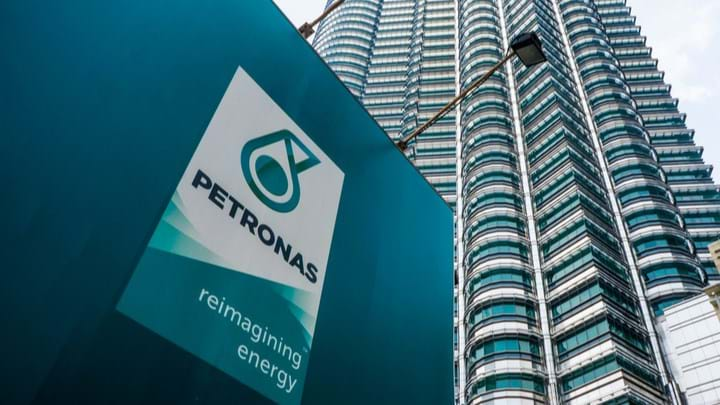Petronas awarded Malaysia’s first geological assessment permit for offshore carbon storage

PETRONAS has secured Malaysia’s first permit to assess a depleted offshore gas field for carbon storage.
The permit, issued last month under the country’s new Carbon Capture, Utilisation and Storage (CCUS) Act, grants exclusive rights to Petronas CCS Ventures – a wholly owned subsidiary of the state-owned oil and gas company – for assessment work in the Duyong field in Peninsular Malaysia.
The assessment forms part of an ongoing CCUS project between Petronas, French energy major TotalEnergies and Japanese conglomerate Mitsui & Co. The companies plan to store CO2 captured from industrial clusters across Asia in the Duyong field.
According to analysis in March by Malaysian environmental thinktank RimbaWatch, Petronas is likely to use carbon storage for enhanced oil recovery (EOR) at Duyong, a well-established process of extracting previously inaccessible oil and gas reserves from depleted fields. The group cited a case study prepared for Petronas in 2018 which investigated options to “develop the remaining reserves” in the field.
RimbaWatch reported that around 73% of captured CO2 is currently used for EOR. The group also found that out of ten CCUS projects under development in Malaysia, nine are tied to fossil-fuel production and could generate more than 1.3bn tCO2e emissions – with only about 10% potentially captured and stored within the original oil and gas reservoirs. Petronas has not confirmed whether it plans to use EOR in the Duyong field, and under Malaysia’s new CCUS Act, companies will be prohibited from importing CO2 for use in EOR.
Petronas CCS Ventures CEO Emry Hisham Yusoff said the geological assessment permit “represents a critical milestone for the Duyong CCS project.
“This permit allows our collaboration with TotalEnergies and Mitsui to advance to the next phase of technical studies and evaluations, bringing us closer to realising Duyong’s potential as a safe and commercially viable carbon dioxide storage site. It reinforces Petronas’s commitment towards reducing emissions and offering decarbonisation solutions to our customers and partners.”
The award follows Malaysia’s recent efforts to position itself as a regional CCUS hub, including the signing of a non-binding memorandum of cooperation on CCUS technology with Japan last month.
Recent Editions
Catch up on the latest news, views and jobs from The Chemical Engineer. Below are the four latest issues. View a wider selection of the archive from within the Magazine section of this site.




